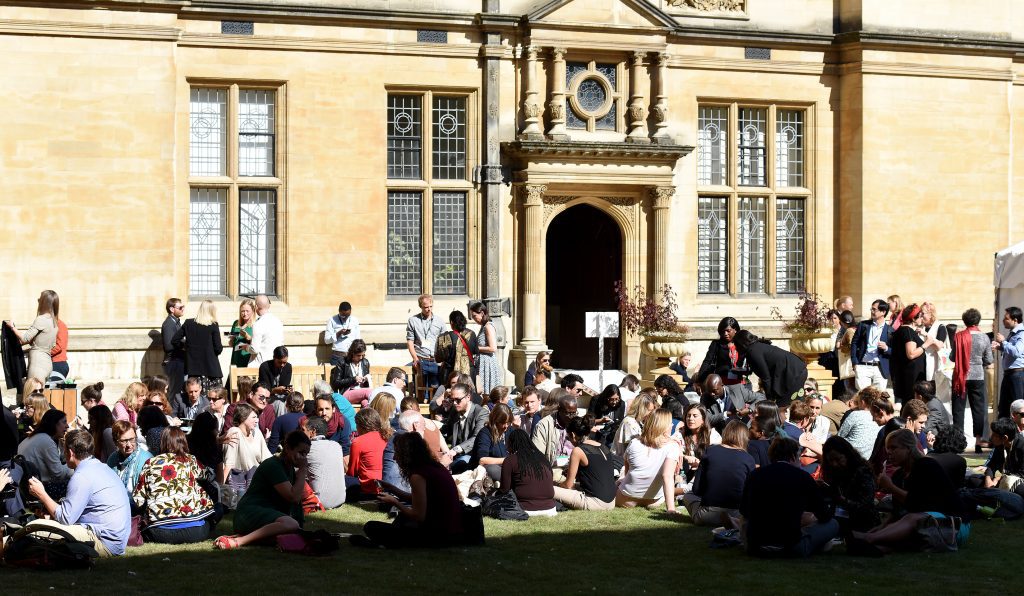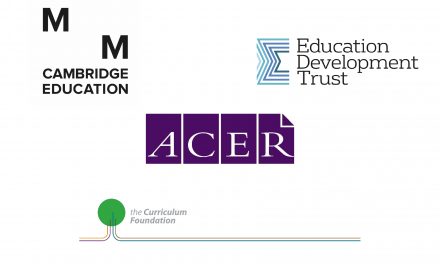This article summarises an interview with co-convenors of one of six 2021 UKFIET conference themes: Governance, Power and Planning. The co-convenors are Sally Rosscornes, independent consultant; and Melanie Ehren, Professor in Educational Governance at Vrije Universiteit Amsterdam.
The theme ‘Governance, Power and Planning’ at this year’s UKFIET conference is central to the overall conference theme, Building Back Better, itself the focus of much current debate after the shockwaves of the coronavirus pandemic. Across the globe, education systems have been under unprecedented strain, with capacity stretched to breaking point, even in countries which considered themselves strong and resilient.
The result has been a rethink about how education works, an honest look at the risks of over-reliance on fixed structures and methods, and an opening up of discussions about the links education has with other sectors. Power dynamics have been exposed and are now being challenged as education systems respond and adapt in the face of their huge responsibility for delivering equitable access to relevant education. Complementing parallel themes focussing on the education workforce, learning environments and protection, the theme of ‘Governance, Power and Planning’ takes a fresh look at the role and priorities of governments and others in positions of power, and of those who see themselves as government partners.
We look forward to a rich selection of papers and discussion sessions, wide-ranging both in terms of content and format. Paper presentations cover immediate priorities such as supporting school return, as well as longer term and more embedded issues such as the impact and influence of language policies, the role of the non-state sector – both in delivery and capacity-building – equitable resource allocation, citizenship education, and exclusion caused by parallel systems. There will be a strong focus on youth and the transition to employment from different levels of education. Countries represented will include Afghanistan, Ghana, India, Kenya, Madagascar and Vietnam, as well as a look at refugee education in the US.
Partnership and accountability feature in our selected symposia, illustrating how policy-makers and practitioners, academics and international funders can work together to create more equitable systems, and how monitoring and evaluation can support them in building back better. A symposium led by the KIX initiative will facilitate live discussion about the production and sharing of knowledge and how this affects power dynamics. The Blavatnik School of Government will lead an open session sharing current thinking on education delivery approaches – looking at some current trends in design and implementation processes. This discussion and critical approach will continue in a case-study focused session led by Building Evidence in Education, including comments from GPE, FCDO and UNICEF. Our closing plenary session will discuss accountability in education, comparing the effectiveness and lessons of different approaches from Africa and beyond.
The governance of international development itself is seeing many changes with recent cuts in funding and changes in areas of priority (with girls’ education remaining a strong theme); the FCDO opening plenary will offer an opportunity to hear about future directions.
Overall, the day will be an opportunity to look creatively at an area often assumed to be static and difficult to change. We look forward to being inspired and challenged to think differently about the locus of power, the nature of governance and the importance of planning.





